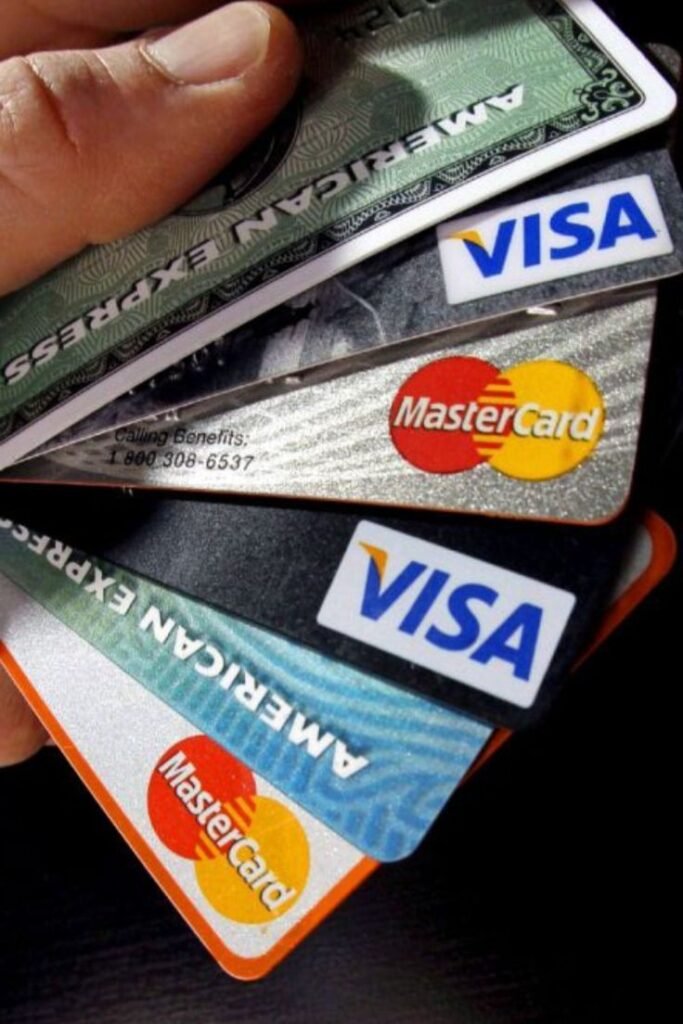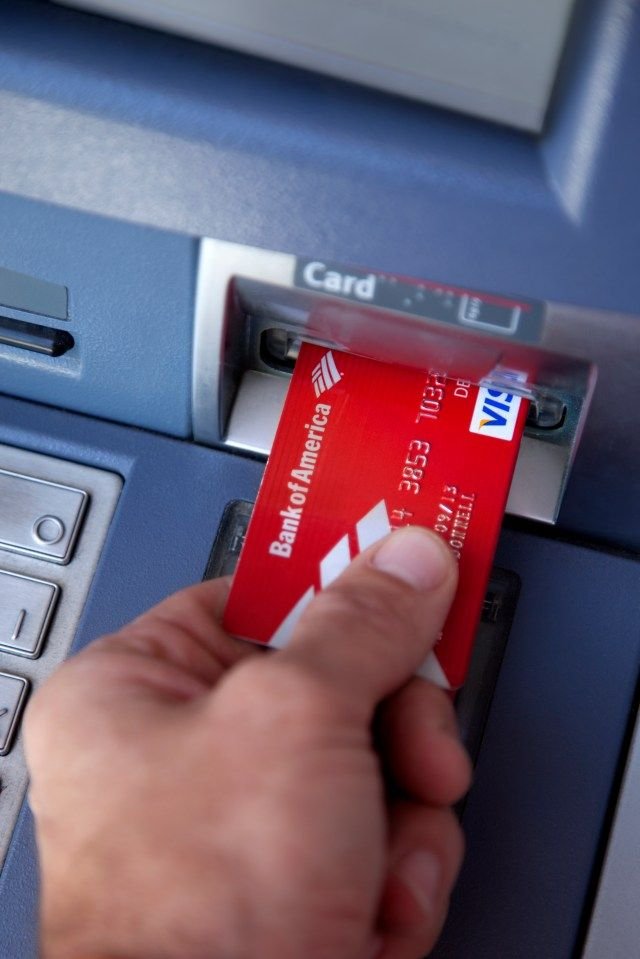Credit Card vs Debit Card: What’s the Real Difference?
When a bank offers you both a credit card and a debit card, it’s important to understand that they may look similar, but they work very differently. Knowing how each one functions can help you make smarter financial decisions.
- Credit Card – Using the Bank’s Money
A credit card allows you to spend the bank’s money, not your own. Every time you use it, you’re essentially borrowing funds from the bank up to a pre-approved credit limit. You are expected to repay that amount within a specific billing cycle (usually 30 days), followed by a grace period. If you fail to repay the full amount by the due date, the bank charges interest, which can be quite high.
The key advantage of using a credit card responsibly is that it helps build your credit score. This score reflects your creditworthiness and is crucial if you plan to take a loan in the future—for buying a house, car, or even for education. A good credit score shows that you’re financially responsible, increasing your chances of getting approved for bigger loans with better interest rates.
Credit cards also come with benefits that most debit cards do not offer. Depending on the card, you may get cashback, reward points, travel benefits, free airport lounge access, and even purchase protection. Some cards offer discounts on dining, shopping, fuel, or flight bookings. These rewards can add up over time, effectively giving you something back for spending the bank’s money—provided you repay on time.
However, misuse of a credit card can lead to a debt trap. If you only pay the minimum amount due or miss payments altogether, you’ll start accumulating interest and late fees, and your credit score will suffer.

- Debit Card – Using Your Own Money
A debit card, on the other hand, is linked directly to your savings or current account. When you use it to make a purchase or withdraw cash, the money is deducted instantly from your own account. You’re not borrowing anything—so there’s no repayment or interest involved.
Since you’re spending your own money, you can only use what you already have in your bank account. This makes debit cards safer for those who want to avoid debt or find it difficult to manage credit. However, debit cards usually don’t offer rewards, cashback, or credit score benefits. Some premium accounts may offer limited perks, but they’re not as rewarding as credit cards.
In short, a debit card is better for day-to-day, no-risk transactions, while a credit card is a powerful financial tool—if used wisely—that can help you build credit, earn rewards, and manage expenses more flexibly.

Conclusion:
Choose your card based on your financial habits and needs. If you are confident about repaying on time, a credit card can be extremely beneficial. But if you want to avoid debt altogether, stick to using your debit card.
